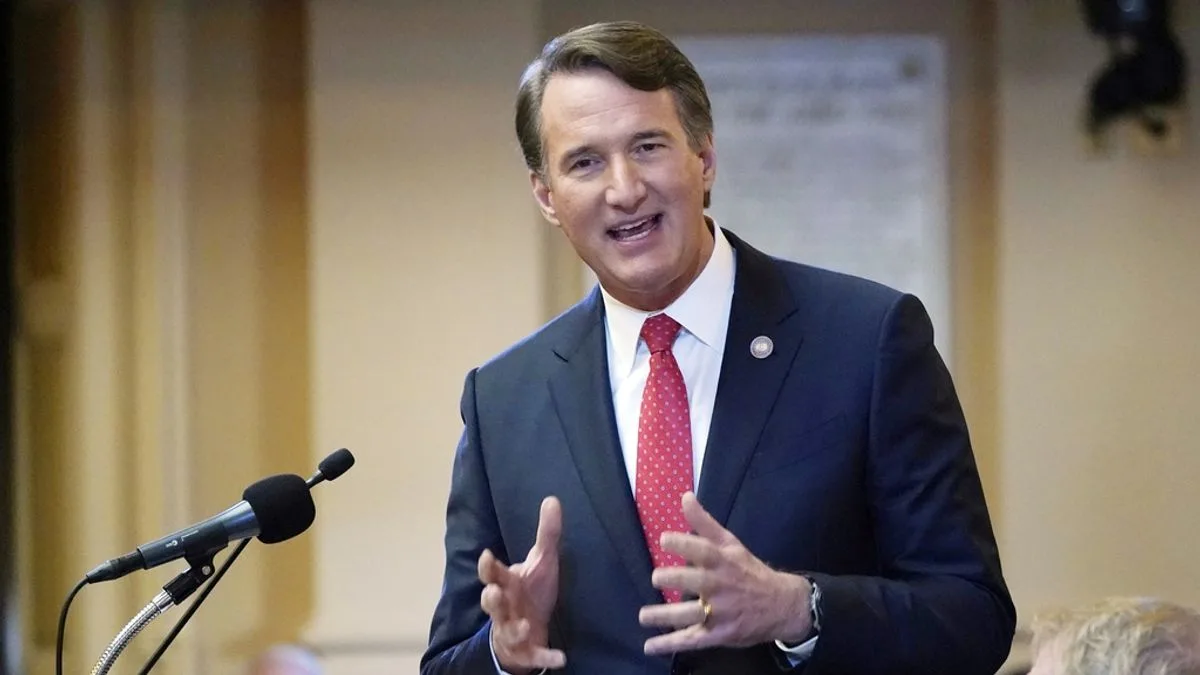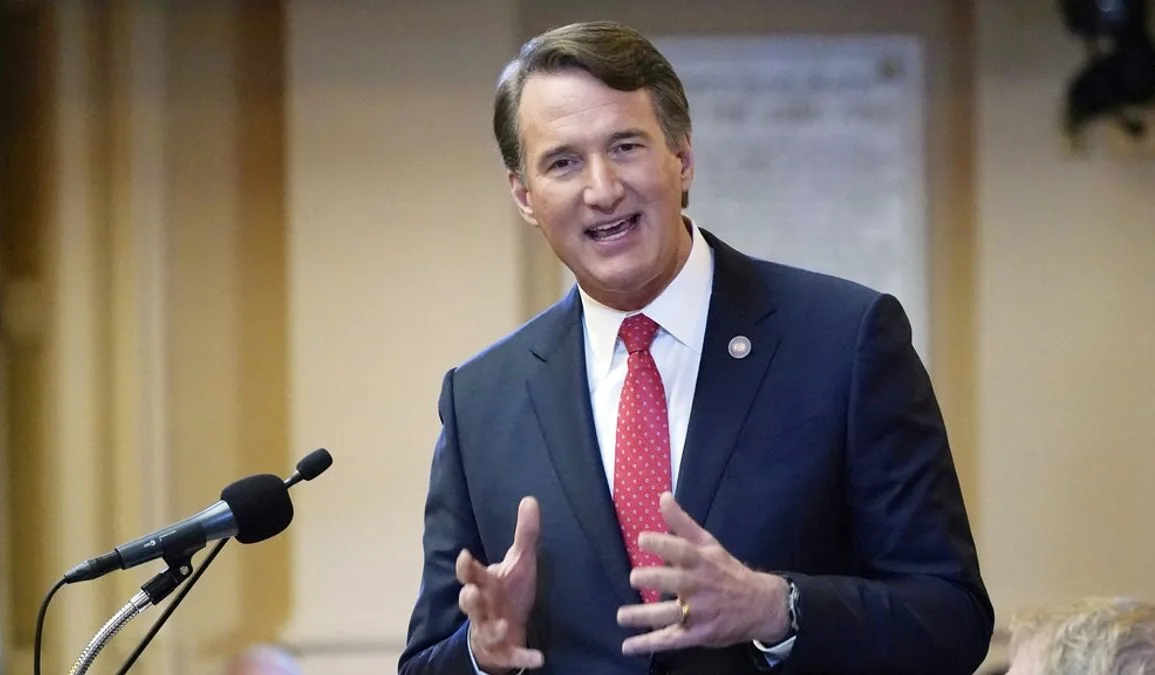
In the quiet corridors of Virginia’s political landscape, a story unfolds that speaks to the heart of redemption, resilience, and the unyielding scrutiny of public life. Recently, Virginia House Speaker Don Scott Jr., who is set to make history as the first African American to hold this prestigious position in 2024, found himself at the center of a storm stirred by a Virginia GOP social media post. This controversial post not only dredged up Scott’s past drug-related offense but also ridiculed his journey from a convict to a cornerstone of Virginia’s legislative body. This incident, which occurred amidst the political machinations of the state, has sparked a broader conversation about accountability, forgiveness, and the power of transformation.
The Spark and the Firestorm
The social media post in question, crafted by an unnamed staffer of the Virginia GOP, didn’t merely reference Don Scott Jr.’s eight-year prison sentence for selling drugs; it questioned his integrity and suitability for his upcoming role as House Speaker. The backlash was swift, with figures across the political spectrum condemning the attack. The post was quickly disavowed by the Republican Party of Virginia, leading to the immediate dismissal of the staffer responsible. Governor Glenn Youngkin, along with other top GOP officials, publicly rebuked the post, emphasizing the inappropriateness of such personal attacks in political discourse.
Voices of Condemnation and Support
The outcry wasn’t limited to apologies and dismissals. Virginia Republican Party Chairman Rich Anderson expressed deep regret over the incident, underscoring the importance of personal growth and redemption. Senator Louise Lucas, along with other political figures, rallied in support of Scott, condemning the social media attack as a low blow that undermined the principles of second chances and personal evolution. In his response, Scott himself questioned the rationale behind the attack, pointing out the irony in being targeted for past mistakes despite his substantial professional accomplishments and political victories.
Reflections on Redemption and Political Accountability
This incident lays bare the tensions within Virginia’s political arena, highlighting a critical juncture at which personal history and public service intersect. Don Scott Jr.’s journey from a federal prison to the pinnacle of Virginia’s legislative body is not just a story of personal triumph; it’s a testament to the belief in second chances and the capacity for profound transformation. His imminent role as House Speaker symbolizes not only a milestone for African American representation but also serves as a beacon of hope for those striving to redefine their lives. The rebuke of the social media post by Governor Youngkin and other officials underscores a collective acknowledgment of the need for a more compassionate and accountable political discourse, one that respects the complexities of human fallibility and the potential for redemption.
As this story of confrontation and conciliation unfolds, it invites us to ponder the deeper implications of our engagement with the past, the criteria by which we judge our leaders, and the values we champion in our communities. The swift disavowal of the social media post by the Virginia GOP, coupled with the broad support for Don Scott Jr., signals a moment of introspection within the political sphere, reminding us of the enduring power of forgiveness, the unwavering belief in second chances, and the indomitable spirit of resilience that defines the American political landscape.


